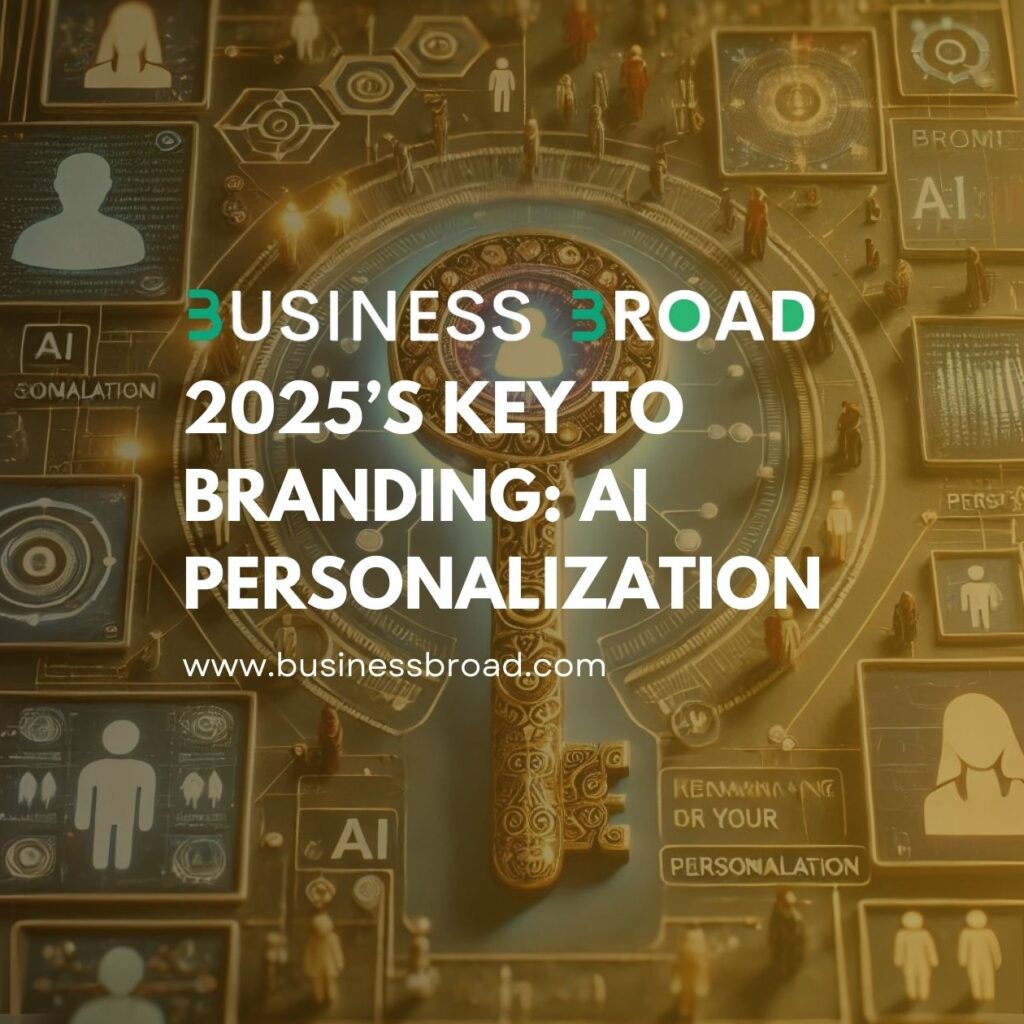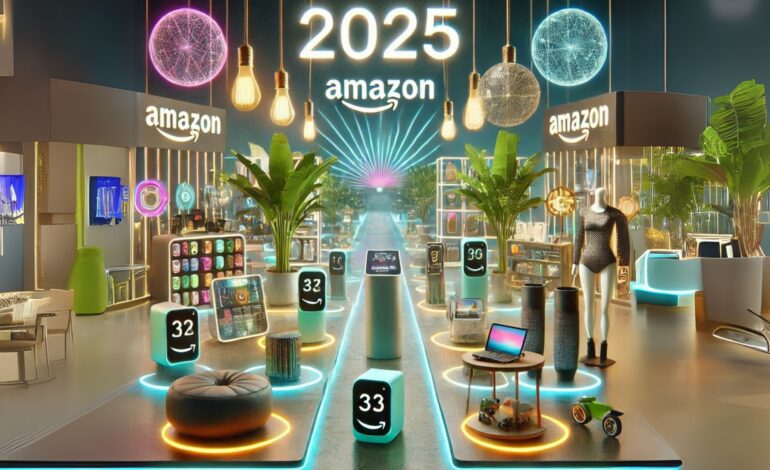In the ever-evolving landscape of branding and marketing, staying ahead of trends and predictions is crucial for success. As a brand strategist in 2025, one key prediction stands out above all others: the profound impact of personalization driven by artificial intelligence (AI). Here’s why this prediction matters most to me and how it shapes the future of brand strategy.

The Rise of Hyper-Personalization
Personalization has been a growing trend for years, but 2025 marks a pivotal point where hyper-personalization becomes the norm. Advances in AI and machine learning enable brands to gather and analyze vast amounts of data to deliver highly tailored experiences to individual customers.
Why It Matters:
- Enhanced Customer Experience: Personalized interactions create a more engaging and meaningful customer experience, leading to higher satisfaction and loyalty.
- Increased Conversion Rates: Tailored content and offers are more likely to resonate with customers, resulting in higher conversion rates and sales.
- Brand Differentiation: In a crowded market, personalization helps brands stand out by offering unique and relevant experiences.
Leveraging AI for Personalization
AI plays a critical role in enabling hyper-personalization. From predictive analytics to real-time data processing, AI technologies empower brands to understand and anticipate customer needs better than ever before.
Key Strategies:
- Data Integration: Combine data from various sources, such as social media, purchase history, and browsing behavior, to create comprehensive customer profiles.
- Predictive Analytics: Use AI-powered predictive analytics to forecast customer behavior and preferences, allowing for proactive personalization.
- Dynamic Content: Implement AI-driven dynamic content that adapts in real-time based on user interactions and preferences.
The Impact on Brand Strategy
As a brand strategist, embracing AI-driven personalization is not just a trend; it’s a fundamental shift in how we approach branding. This shift impacts several key areas of brand strategy:
1. Content Creation
Content must be tailored to meet the diverse needs and preferences of individual customers. AI tools can help generate personalized content that resonates with different audience segments.
2. Customer Engagement
Engagement strategies must be dynamic and adaptive, leveraging AI to provide personalized interactions across multiple touchpoints, from social media to email marketing.
3. Customer Loyalty
Building and maintaining customer loyalty requires an ongoing commitment to personalization. Loyalty programs should be customized to offer rewards and experiences that truly matter to each customer.
Conclusion
The only prediction that matters to me as a brand strategist in 2025 is the transformative power of AI-driven personalization. By embracing hyper-personalization, brands can create deeper connections with customers, drive higher engagement, and achieve sustained growth in an increasingly competitive market. As we move forward, the ability to deliver personalized experiences will define the success of brand strategies and set the leaders apart from the rest.




